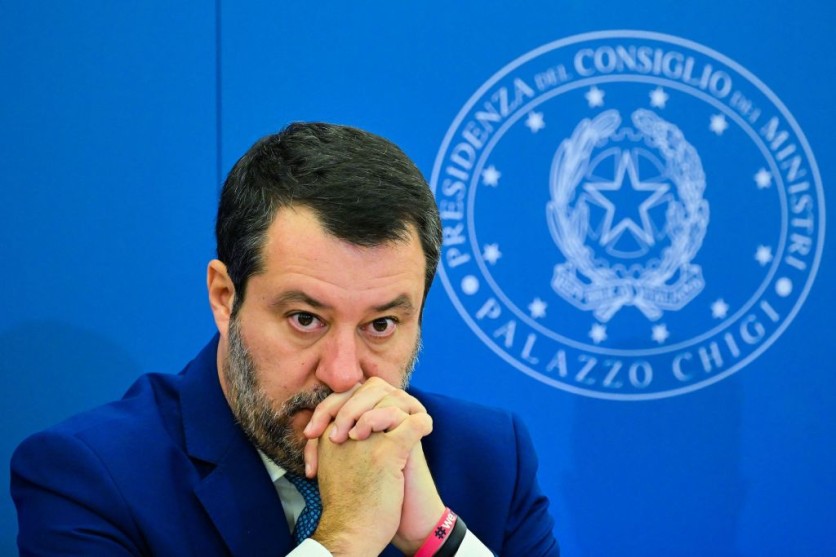
Italy's deputy prime minister voiced his disapproval of the Data Protection Authority's decision to temporarily prohibit artificial intelligence (AI) chatbot ChatGPT. On Sunday, Apr. 2, he stated that the restriction due to privacy concerns sounded disproportionate.
Complaints from Italy's national data agency about potential privacy breaches and OpenAI's failure to verify that users were above the age of 13 as asked recently emerged. Hence, OpenAI, which is backed by Microsoft, shut down in Italy on Friday, Mar. 31.
That was the first time a Western nation took legal action against an AI-powered chatbot, which was taken by an independent body separate from the government.
Does the ban go too far?
The head of the governing coalition's League party, Matteo Salvini, took to Instagram to express his displeasure with the Privacy Watchdog's decision to block access to ChatGPT from Italy.
According to Reuters' report, Salvini dubbed the action "hypocritical" and called for common sense, saying that privacy problems touch almost all internet businesses.
Since its introduction last year, ChatGPT has caused a tech frenzy, with competitors releasing counterparts and businesses adopting its core technology for use in their own offerings.
OpenAI, which suspended ChatGPT for Italian users at the agency's request, said on Friday that it actively seeks to minimize the collection and use of personally identifiable information while training its AI systems.
In a statement, the company expressed its eagerness to collaborate with the Italian data agency and educate them on how their AI systems are designed and operated.
Salvini, who is also the minister of transportation, has expressed concern that the ban may hurt Italian businesses and creativity. He has also expressed a desire for a swift resolution that would allow the chatbot to once again operate in the country.
"Every technological revolution brings great changes, risks, and opportunities. It is right to control and regulate through international cooperation between regulators and legislators, but it cannot be blocked," he stated, as per Reuters.
Demand to Shut Down
Reportedly, the limitation is unlikely to disrupt software apps from companies that already have licenses with OpenAI to utilize the chatbot's technology, such as Microsoft's Bing search engine. The ban applies solely to ChatGPT's online version, which has millions of users worldwide.
OpenAI has 20 days to report its data privacy measures to the Italian authority. Otherwise, it might be penalized up to 20 million euros (nearly $22 million) or 4% of its global revenue.
Apparently, the Italian privacy watchdog organization's chief signed the petition to ban the chatbot because it was not obvious what interests were being pursued by those working on AI. The agency highlighted the EU's General Data Protection Regulation and ChatGPT's data breach of users' chats and subscriber payment information.





